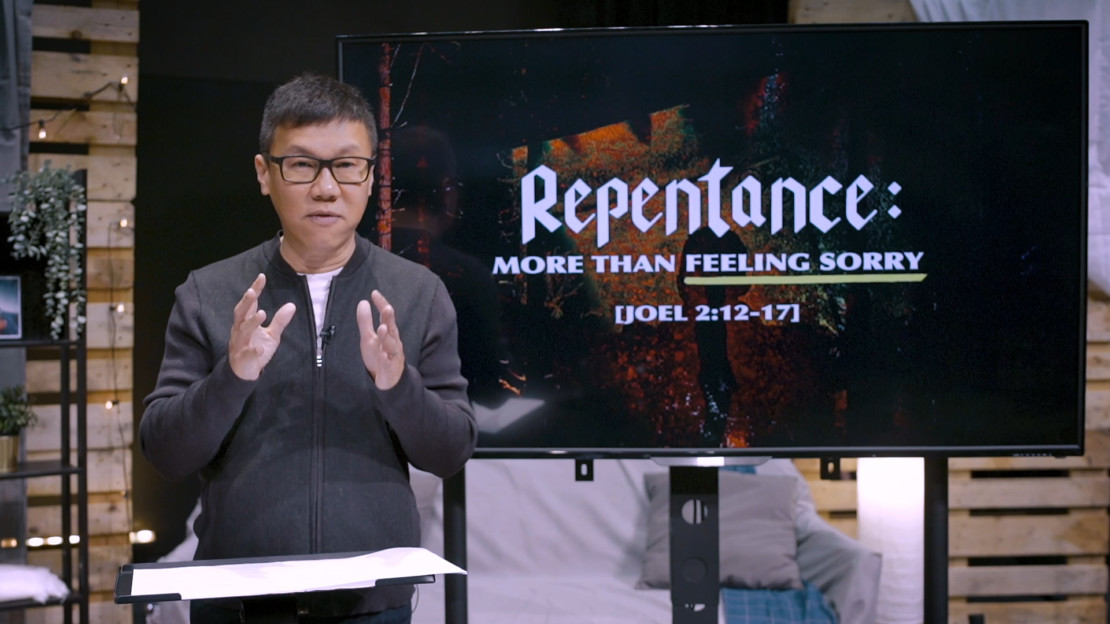Victorious Living (3/3): Repentance: More Than Feeling Sorry
Title: Repentance: More Than Feeling Sorry
Series: Victorious Living
Text: Joel 2:12-17
Guilt, shame and sadness come to mind when we think of the word “repentance”. What does true repentance look like, and how can we be more than just merely sorry?
1) I Repent From The Heart
In Joel 2:12, God told Israel to return to Him “even now”, while there is still time. The call to repentance is a call for immediate action. In reality, people are able to practise this to varying levels of success. What are some factors that affect a person’s readiness to repent immediately before God? As a believer, how can I keep my heart ready to repent and respond to God when I sin?
Repentance is an inward change of heart that that leads to outward action. Reflect on the last time you came to God in repentance. What was the inner change that God convicted you to decide to make? What was the outward action that you took as your response to Him? Share with your LG your experience and highlight some of the positive outcomes that came about as you keep with repentance.
2) I Repent Based On God’s Character
What are some common misconceptions about repentance? Some of these can come about as a result of wrong or incomplete understanding about God and His character. How has knowing more of God’s character through the years affected my understanding and attitude towards repentance? Have these changed as we mature in Christ?
The true extent of God’s grace and compassion for us goes beyond what we can often imagine or comprehend for ourselves. To gain a fuller picture, we can look to the cross. Think about what the cross means to us today. How does the cross remind us of God’s character, and encourage us to come before Him more readily in repentance?
3) I Repent In Community
We also play a part in looking out for believers around us because we love them, and thus we hope that they can be right before God as well. What are some ways we can support one another in our spiritual health? What could prevent or hinder believers from looking out from one another?
One important attitude to have is humility – the humility to recognise our own imperfections while restoring others to God gently, and the humility to come clean with our sins and be restored.
How might a lack of humility in these aspects affect relationships in the community? Reflect on our own lives: how are we growing in humility in both of these aspects? How can the Life Group encourage one another to grow in humility? How can the Life Group work together to create a safe environment where we can account to one another and seek help when needed?

